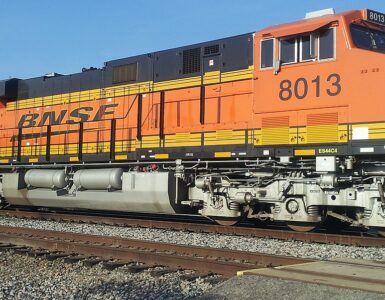United States workers are receiving their best pay raise in nearly a decade.
According to the Labor Department, employers added 250,000 jobs to their payrolls in October, unemployment remained at 3.7 percent – a 49-year high – and wages increased 83 cents, or 3.1 percent, from 2017, the largest year-to-year wage gain for average hourly earnings since 2009.
“Good public policy has an impact on the economy,” Jim Rounds, Rounds Consulting Group, Inc. president, said. “When we started seeing the U.S. become more competitive in terms of tax rates, addressing regulatory reform and encouraging business development, we started seeing results.”
The 3.1 percent increase is the first time since the recession ended nearly a decade ago that the pay wage rose more than three percent from the previous year, rising solidly ahead of the rate of inflation near two percent.
However, low unemployment could be forcing employers to increase wages in order to recruit workers – or keep them. This could cause a long-term problem according to Rounds who would prefer to see wage growth from productivity.
“When you have wage growth with education and capital investment that translates into productivity that’s healthy wage growth, when it has to do with career shortages, in the longer term it can cause problems, but this is a good problem for us to have. We’re now refining the economy rather than just working on the basics,” he said.
Friday’s report stated that in October, average hourly earnings for all private sector employees rose by five cents to $27.30.
Rounds thinks that as the economy continues to thrive, more Americans will be optimistic and seek work.
“People were disenfranchised after the economic downturn. The economy dropped like a rock and then it took a while to come back, so you had a lot of people sitting on the sideline waiting to see if they wanted to work,” he said. “Now you’re seeing more people feeling motivated and more excited about the economy so they’re taking action.”
Rounds sees no reason why the economic growth should not continue in the future.
“It should continue for a while longer. I don’t see any major hiccups in the economy for a couple years. I don’t see us going into a recession for a while longer because public policy seems to matter greatly when it comes to the U.S. economy and the state economy,” he said.
















Add comment